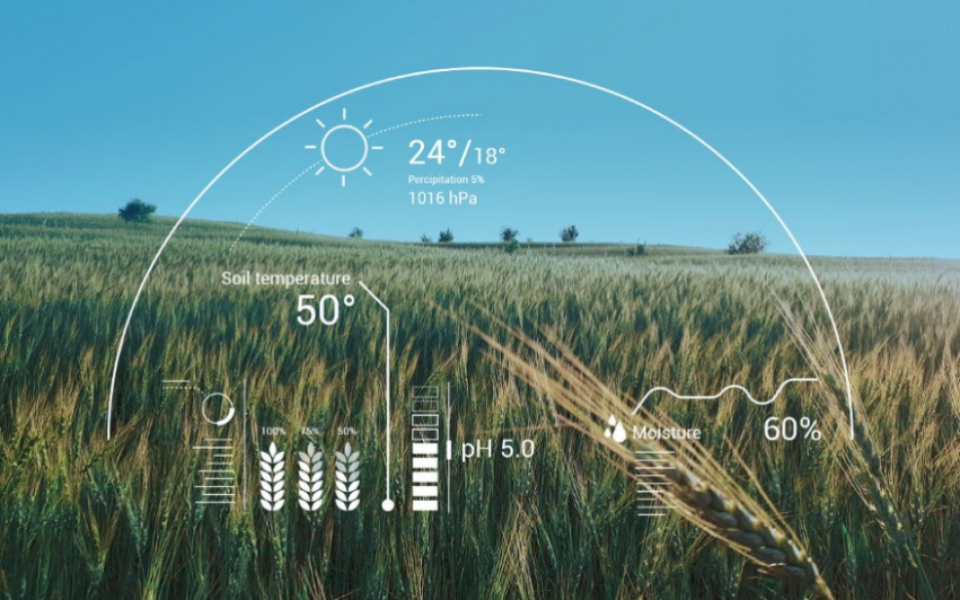
Prof Raj Khosla of Kansas State University in the United States, who stressed that digital intelligence in farming was the need of the hour, said that a public-private partnership was essential for digital agriculture and that all farm operations could be digitised using GPS technology because precision input usage would increase farm productivity.
Prof Khosla stressed the importance of artificial intelligence-enabled digital tools for increasing farm income and productivity during a lecture on 'Future of Farming: Big Data, Analytics, and Precision Agriculture' during the plenary session at Prof Jayashankar Telangana State Agriculture University (PJTSAU) on Thursday.
Prof Khosla also stressed the importance of artificial intelligence-enabled digital tools for increasing farm income and productivity during a lecture on 'Future of Farming: Big Data, Analytics, and Precision Agriculture' during the same session.
Lectures on 'Conservation Agriculture — a Global Perspective,' were presented by Dr Bruno Gerrad and Ben Guerir from Morocco. They stated in the lectures that switching conventional agriculture to conservation agriculture helps save natural resources and mitigate crop losses caused by climate change.
Furthermore, designing appropriate farm machinery for small and marginal farm holdings can have a significant impact on conservation agriculture adoption.
They also stated that Axial flow pumps should be utilised to preserve moisture during droughts.
Dr Simon Cook of Murdoch University's Future Food Institute who was the keynote speaker gave an enlightening discourse on 'Digital Agriculture for Smart Agriculture,' emphasising the necessity of digitisation in agriculture for precision input application for marginal and small farmers.
In his lectures, he stated emphatically that "In India, the use of digital technology has accelerated in recent decades. From the standpoint of agricultural output, financial gains, consumers, and government, digital-agritech promotes more reforms ".
In the meanwhile, the third-day plenary featured four keynote lectures from national and international experts, as well as 15 lead papers, 15 oral presentations, and 17 fast presentations.
















